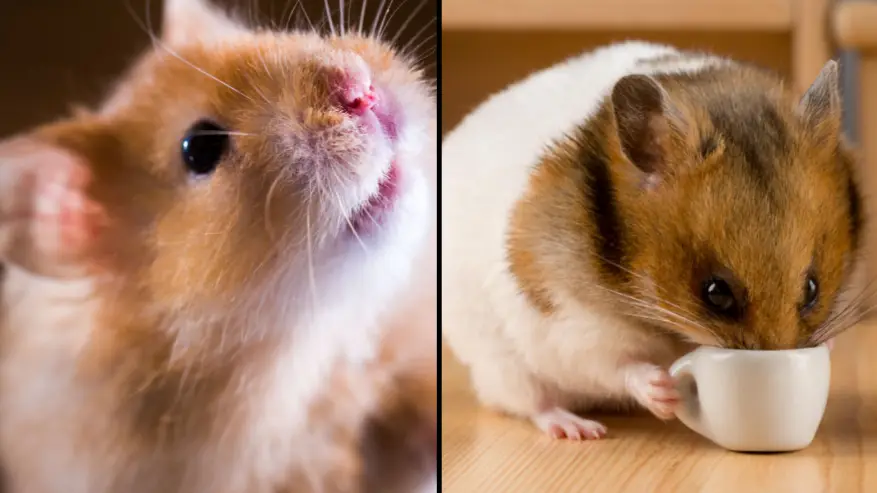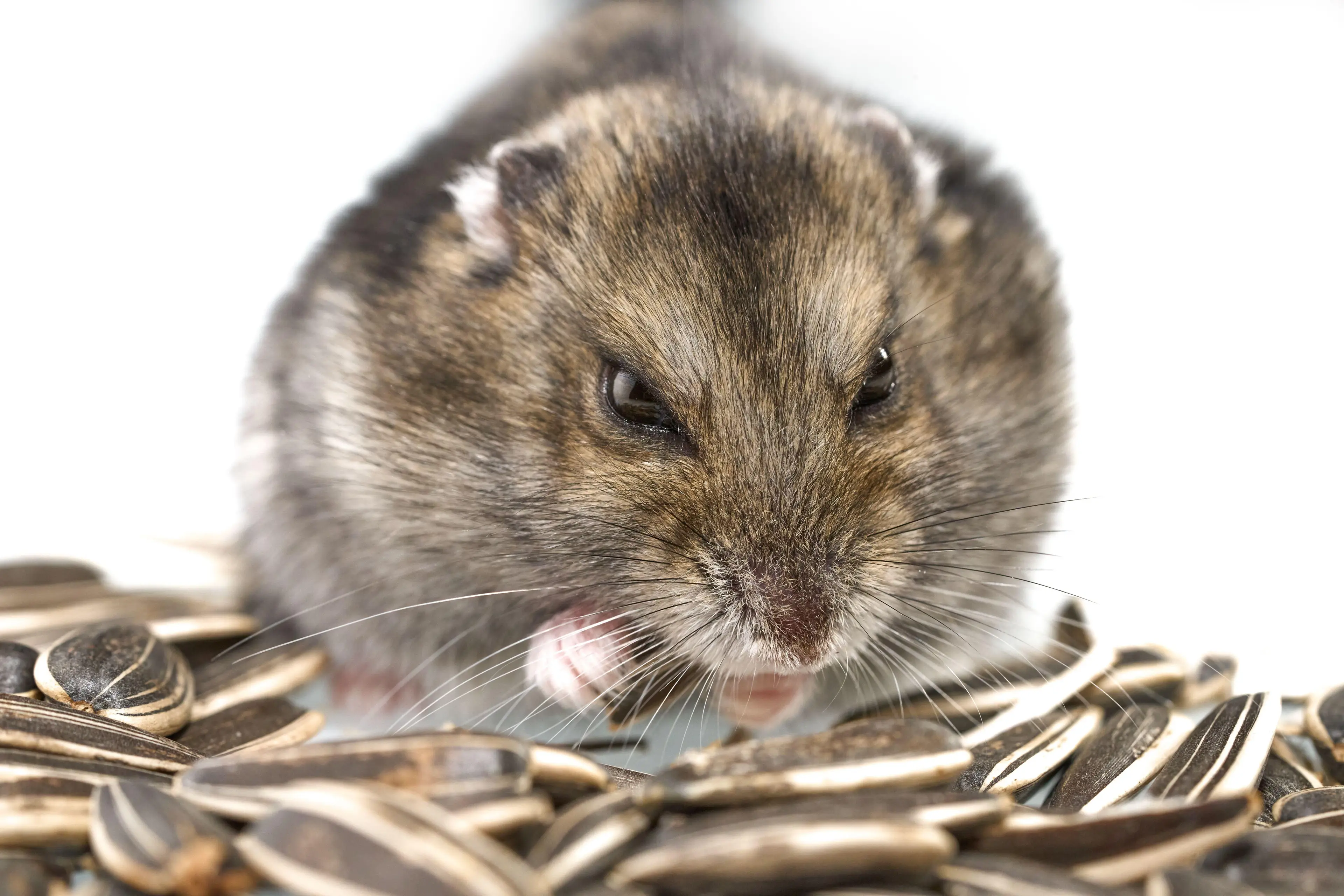
Scientists have made the horrifying discovery that if you gene-hack hamsters they turn into aggressive, furry, small balls of fury.
Who knew that mucking around with the course of nature could have such extreme side effects?
Researchers at Georgia State University have released a breakdown of their hamster experiments and included what could be the scientific understatement of the year.
The statement reads: "[The research of] gene-edited hamsters for studies of social neuroscience [has] found that the biology behind social behaviour may be more complex than previously thought."
Advert
The researchers, led by Professor of Neuroscience H. Elliott Albers, hypothesised that by altering a certain pathway in a hamster's brain - called vasopressin - the hamster's behaviour would change for the better.
They thought the hamsters would be more harmonious. They were wrong.
According to Dr Albers, vasopressin and the receptor that it works with regulates social interactions.

"We were really surprised at the results," Dr Albers said.
"We anticipated that if we eliminated vasopressin activity, we would reduce both aggression and social communication. But the opposite happened."
The study, published in the Proceedings of the National Academy of Sciences (PNAS), found that if the Avpr1a receptor was knocked out (and therefore eliminates vasopressin from impacting on the receptor) the hamsters would react in 'unexpected' ways.
The study found that hamsters without the receptor showed much higher levels of social communication when compared to other hamsters with intact receptors.
It also broke down typical sex differences between male and female hamsters. In other words, the hamsters became aggressive to each other, regardless of sex.
"This suggests a startling conclusion that even though we know that vasopressin increases social behaviours by acting within a number of brain regions, it is possible that the more global effects of the Avpr1a receptor are inhibitory," Dr Albers said.

If that last bit made your brain hurt, Dr Albers broke it down further: "We don’t understand this system as well as we thought we did. The counterintuitive findings tell us we need to start thinking about the actions of these receptors across entire circuits of the brain and not just in specific brain regions."
So, basically, they found that mucking around with hamster genes and their neural pathways had a significant impact on hamster demeanour overall. And not for the better.
So, this is great news if you've ever wanted to train up an army of evil hamsters to do your bidding.
Scientists, however, have a far more noble reason to engage in these types of studies.
"Developing gene-edited hamsters was not easy," Dr Albers said.
"But it is important to understand the neurocircuitry involved in human social behaviour and our model has translational relevance for human health.
"Understanding the role of vasopressin in behaviour is necessary to help identify potential new and more effective treatment strategies for a diverse group of neuropsychiatric disorders ranging from autism to depression."